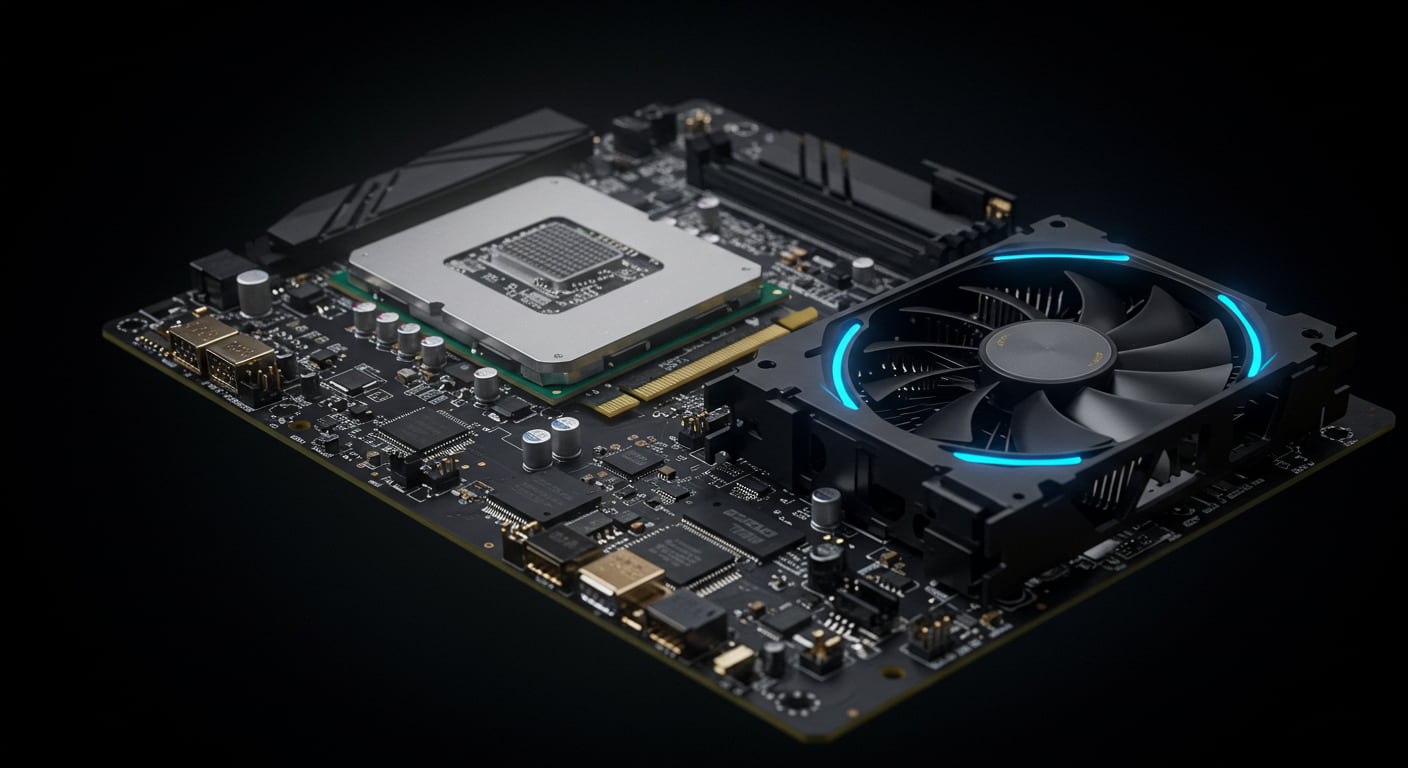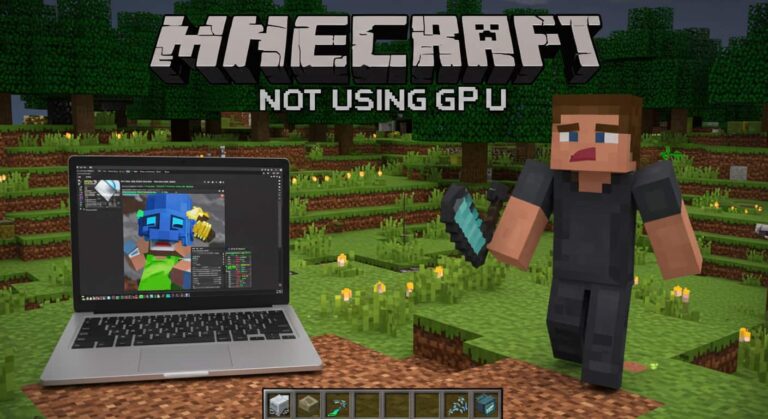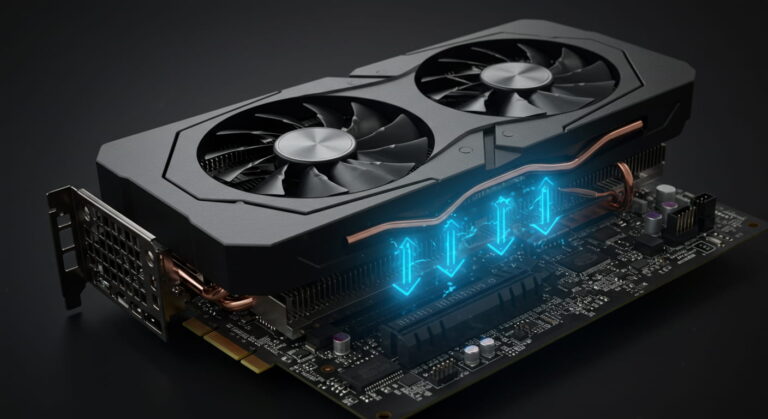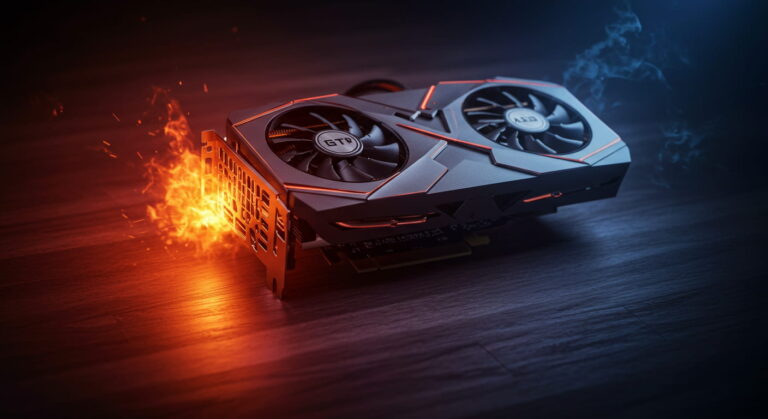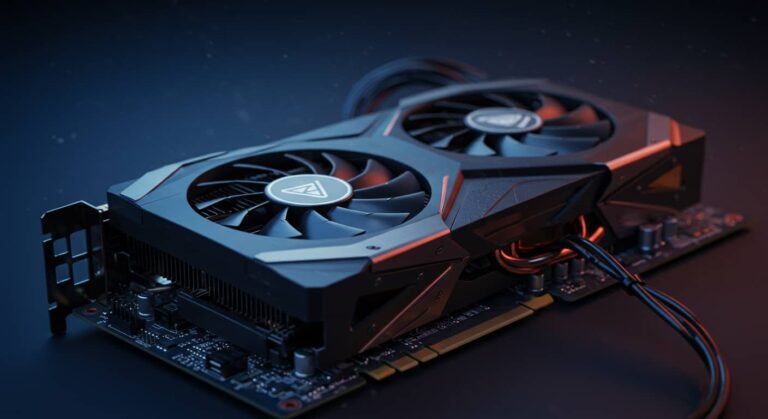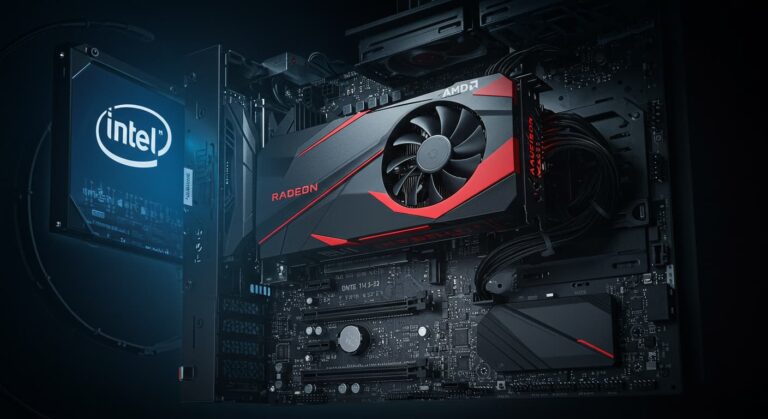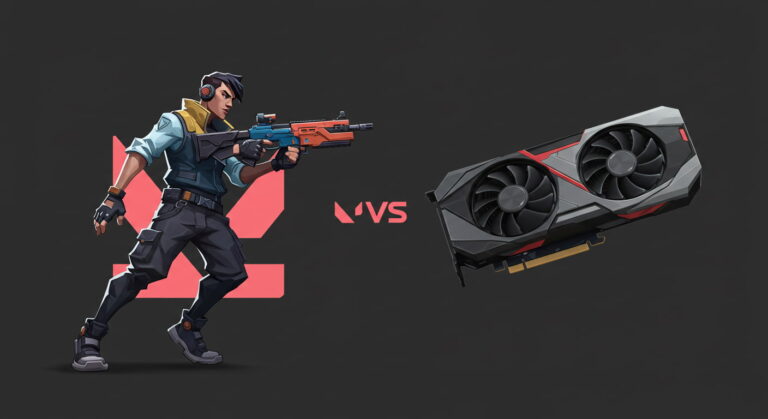CPU GPU Compatibility – Guide, Calculator, Combos & Gaming Tips!
Introduction to CPU GPU Compatibility
The CPU (Central Processing Unit) and GPU (Graphics Processing Unit) are the backbone of any computer system. Their compatibility directly impacts system stability, gaming performance, and overall efficiency. If the CPU and GPU are not well-matched, users may face bottlenecks, stuttering, or underutilization of hardware.
CPU and GPU relationship overview
- The CPU acts as the brain, executing instructions and managing tasks.
- The GPU handles graphics-intensive workloads and parallel computations.
- A balanced relationship ensures optimal performance across workloads.
Why compatibility matters
- Smooth gaming and rendering performance.
- Reduced bottlenecks and system crashes.
- Full utilization of both CPU and GPU potential.
- Longer lifespan for your PC since balanced hardware works efficiently.
2. How do I know if CPU and GPU will bottleneck?
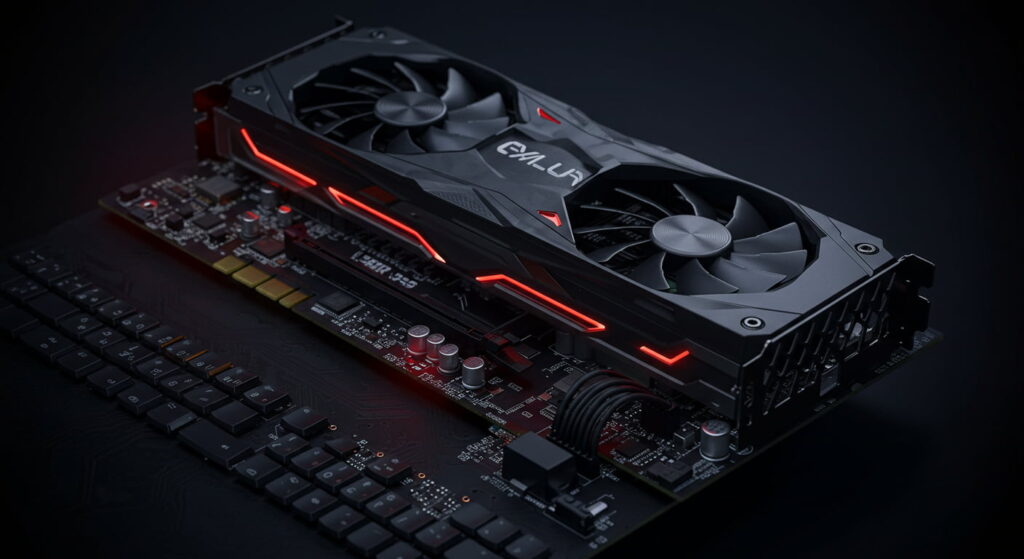
What bottleneck means
A bottleneck occurs when one component limits the performance of another. For example, a weak CPU paired with a powerful GPU will not allow the GPU to perform at its best.
Signs of a bottleneck
- High CPU usage while GPU remains underutilized.
- Low FPS in games despite having a high-end GPU.
- Stuttering or lag during intensive workloads.
- Sudden frame drops in high-resolution gaming.
How to identify bottlenecks
- Monitor usage via Task Manager, HWMonitor, or MSI Afterburner.
- Compare CPU vs GPU utilization during gaming.
- Use online bottleneck calculators for approximate results.
- Benchmark tools like 3DMark and Cinebench can also highlight CPU-GPU balance issues.
3. Motherboard/CPU and GPU Compatibility
The role of the motherboard
The motherboard acts as the communication bridge. Even if your CPU and GPU are individually strong, an old or weak motherboard may restrict performance.
PCIe slots and versions
- GPUs require PCIe x16 slots.
- PCIe 3.0 is still common, but PCIe 4.0 and 5.0 offer higher bandwidth.
- Newer GPUs perform best when paired with modern PCIe slots.
Power supply requirements
- A strong PSU ensures stability.
- Low-wattage PSUs may cause crashes or prevent the GPU from working.
- Always check the recommended PSU wattage on the GPU manufacturer’s website.
4. How can I know what GPU is compatible with my CPU?
Processor generation and GPU support
- Modern CPUs work better with modern GPUs.
- Older CPUs can run new GPUs but may create bottlenecks.
Intel vs AMD CPUs with GPUs
- Intel CPUs are often paired with NVIDIA GPUs for gaming and productivity.
- AMD CPUs with AMD GPUs (Smart Access Memory feature) can deliver extra performance.
Performance balancing tips
- Match mid-range CPUs with mid-range GPUs.
- Avoid pairing a low-end CPU with a high-end GPU.
- Use online compatibility checkers before purchasing.
5. Part Picker & Compatibility Checker
Online tools for compatibility check
Websites like PCPartPicker, Newegg, and CPU Agent provide automated compatibility checks.
Step-by-step usage guide
- Select your CPU.
- Add a GPU to your build list.
- The tool flags any compatibility issues.
- It also recommends compatible motherboards and PSUs.
These tools save time and prevent costly mistakes.
Also read: GPU Normal Temperature Guide 2025
6. Bottleneck Calculator – Check CPU GPU Compatibility
What a bottleneck calculator does
It estimates how well a CPU and GPU will work together by analyzing performance data.
How to understand results
- 0–10% bottleneck = ideal compatibility.
- 10–20% = acceptable.
- 20%+ = major performance limitation.
Tip: Always treat calculators as guides, not absolute truth.
7. Compatible Components
The role of RAM and PSU
- RAM speed impacts CPU-GPU communication.
- More RAM helps prevent slowdowns in modern games.
- A sufficient PSU is essential for stable GPU operation.
Cooling and airflow
- Both CPU and GPU generate heat.
- Proper cooling ensures longevity.
- A case with good airflow avoids overheating and thermal throttling.
8. The Best GPU & CPU Combos RIGHT NOW for PC Gaming!
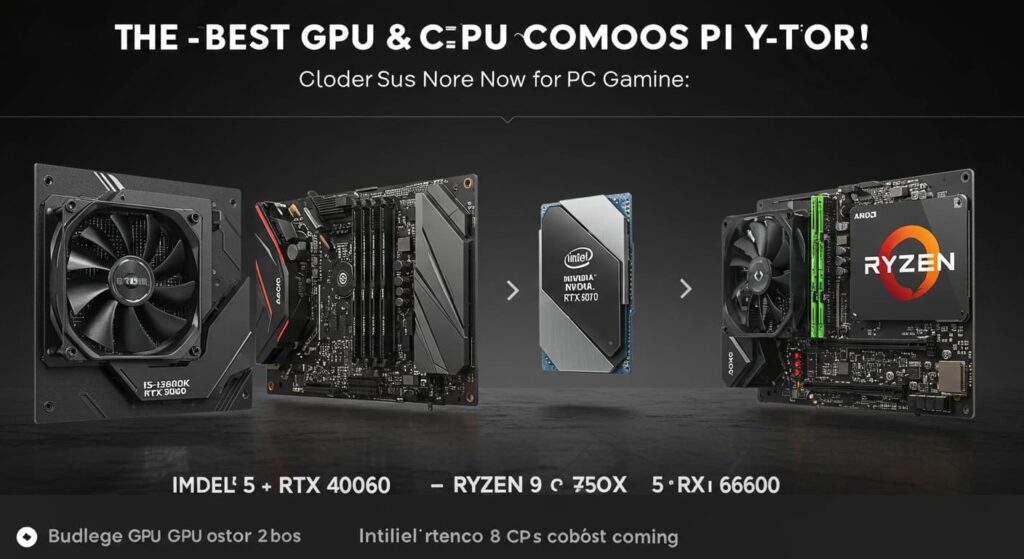
Budget gaming combos
- Intel i5-12400F + NVIDIA RTX 3060
- AMD Ryzen 5 5600 + AMD RX 6600
Mid-range combos
- Intel i5-13600K + NVIDIA RTX 4070
- AMD Ryzen 7 5800X3D + AMD RX 6800
High-end combos
- Intel i9-14900K + NVIDIA RTX 4090
- AMD Ryzen 9 7950X + AMD RX 7900 XTX
9. Want to upgrade my GPU. How can I check which ones are compatible?
Check your current system specs
- CPU model and performance tier.
- PSU wattage.
- Motherboard slot type (PCIe 3.0, 4.0, 5.0).
Upgrade checklist
- Ensure physical space in the case.
- Verify PSU wattage.
- Check if the CPU will bottleneck the new GPU.
- Look for BIOS updates if upgrading to a latest-gen GPU.
10. How to know if a CPU is compatible with my GPU
Compatibility rules
- Always balance performance tiers.
- A high-end GPU requires a high-end CPU.
Example builds
- Intel i3 + GTX 1650 (budget gaming).
- Ryzen 7 + RTX 4070 (smooth 1440p gaming).
- Intel i9 + RTX 4090 (4K/8K workloads).
11. How to know which processor and graphics card are compatible
Pairing suggestions
- Entry-level CPU + entry-level GPU.
- Mid-range CPU + mid-range GPU.
- High-performance CPU + flagship GPU.
Common mistakes to avoid
- Overspending on GPU with a weak CPU.
- Ignoring PSU capacity.
- Not checking case size for GPU length.
Also read: What is a Good GPU Clock Speed MHz?
12. Motherboard/GPU Compatibility
PCIe lanes explained
- More PCIe lanes = better performance.
- Ensure your CPU + motherboard combo supports enough lanes.
BIOS updates
- Older motherboards may need BIOS updates for newer GPUs.
- Manufacturers provide compatibility lists online.
13. GPU & CPU Upgrade Compatibility
When to upgrade CPU first
- When CPU usage is consistently maxed out.
- When games demand faster single-core speeds.
When GPU upgrade is enough
- When GPU usage is maxed but CPU is underutilized.
- When shifting from 1080p gaming to 1440p or 4K.
14. Are the AMD GPU Compatibility Problems Fully Resolved?
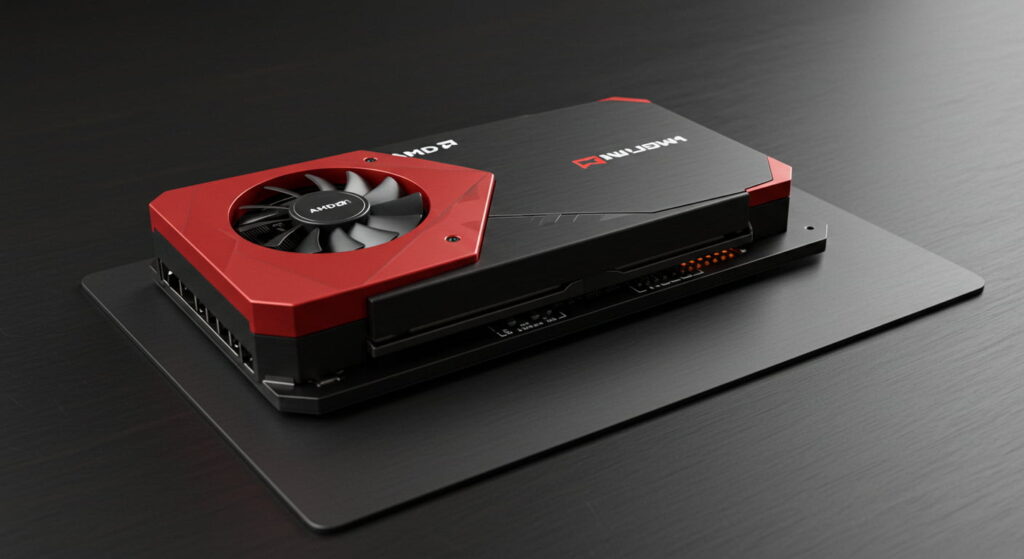
Past issues with drivers
- AMD GPUs previously faced driver-related performance issues.
- Stability and optimization problems were common.
Current situation
- AMD’s latest drivers are stable.
- Radeon GPUs now compete head-to-head with NVIDIA.
- Features like FSR and Smart Access Memory improve CPU GPU compatibility.
15. CPU GPU Compatibility Calculator
Available calculators
- PC-Builds Bottleneck Calculator
- CPU Agent Tool
- MSI Afterburner (manual usage)
Accuracy levels
- These calculators provide estimates, not exact numbers.
- Best used as a guideline, combined with manual monitoring.
16. CPU GPU Compatibility for Gaming
How compatibility affects FPS
- Balanced combos deliver smoother gameplay.
- Imbalance leads to stuttering and FPS drops.
Esports vs AAA games
- Esports titles rely more on CPU performance.
- AAA games are GPU intensive.
- Compatibility ensures neither CPU nor GPU holds back performance.
17. Best GPU for CPU Calculator
Automatic pairing suggestions
- These tools automatically match CPUs with GPUs.
- Saves research time for beginners.
Gamer recommendations
- Entry-level: Ryzen 5 5600 + RX 6600.
- Mid-range: Intel i5-13600K + RTX 4070.
- High-end: Ryzen 9 7950X + RX 7900 XTX.
Also read: Minecraft Not Using GPU?
18. Motherboard GPU Compatibility Checker
Tools and websites
- PCPartPicker, Newegg, and manufacturer compatibility pages.
Manual methods
- Check PCIe version, wattage, and form factor.
- Verify BIOS update support for newer GPUs.
19. Tips to Avoid CPU GPU Compatibility Issues
Research before purchase
- Always verify specs on official websites.
- Use trusted online calculators and forums.
Future-proofing builds
- Invest in a slightly stronger CPU/PSU for smoother future upgrades.
- Avoid going for outdated hardware if budget allows.
FAQs – CPU GPU Compatibility
Q1. What’s the easiest way to check CPU GPU compatibility?
Use online tools like PCPartPicker or bottleneck calculators.
Q2. Can an old CPU support a new GPU?
Yes, but performance bottlenecks may occur.
Q3. How important is the motherboard for GPU compatibility?
Very important, since it determines PCIe slot support.
Q4. Does PSU wattage affect GPU compatibility?
Yes, underpowered PSUs can cause crashes or GPU failure.
Q5. Are bottleneck calculators accurate?
They are useful for estimates but not 100% accurate.
Q6. Is compatibility more important for gaming?
Yes, balanced CPU and GPU ensure higher FPS and smoother gameplay.
Q7. Can I pair AMD CPUs with NVIDIA GPUs?
Yes, they are fully compatible.
Q8. What happens if the GPU is too powerful for the CPU?
The CPU will bottleneck and reduce overall performance.
Q9. How to choose a future-proof combo?
Select a mid-to-high-tier CPU with a modern GPU.
Q10. Do laptops need CPU GPU compatibility checks?
Not really, since most laptop GPUs are not upgradeable.
Conclusion:
CPU GPU Compatibility ensures better performance, stability, and efficiency. Using calculators, compatibility checkers, and upgrade guides helps in avoiding bottlenecks and wasted money. A balanced system always delivers the best results.
Related post:
